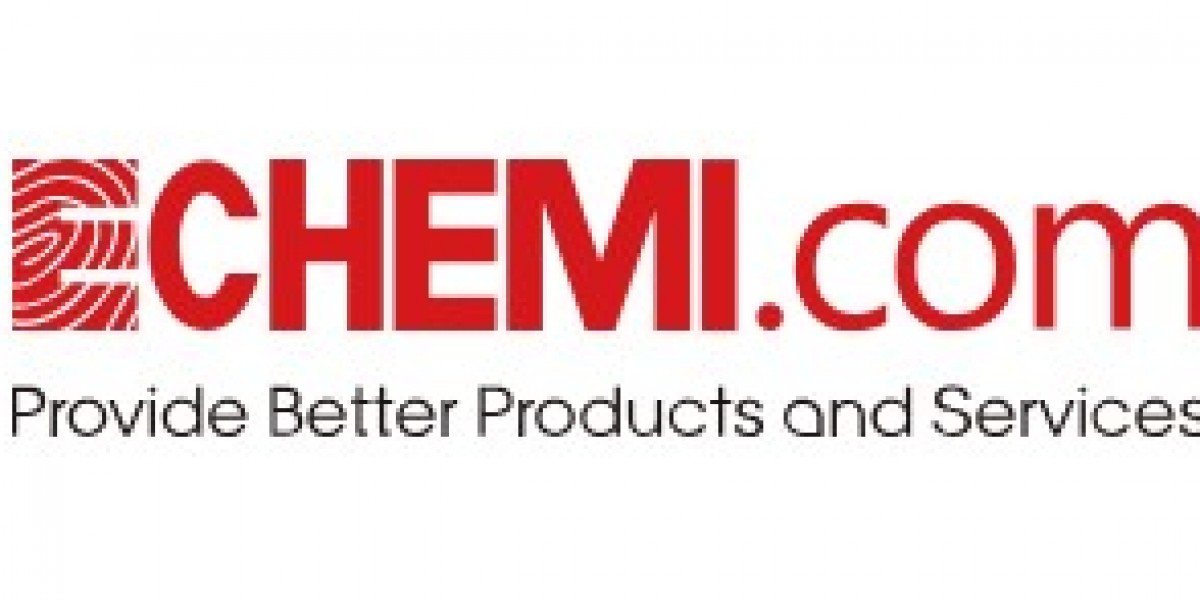Chemical manufacturers are tasked with upholding stringent regulatory standards to ensure the safety, quality, and environmental responsibility of their products. Regulatory compliance is a critical aspect of their operations, encompassing adherence to laws, regulations, and industry standards set by governmental bodies and agencies.
Environmental Regulations: chemical manufacturer must comply with environmental regulations to minimize their impact on ecosystems and public health. Compliance involves managing waste disposal, emissions control, and pollution prevention measures to mitigate environmental risks and ensure sustainable practices.
Product Safety Regulations: Ensuring the safety of chemical products is paramount for manufacturers. Compliance with product safety regulations involves conducting thorough risk assessments, providing clear labeling and packaging, and adhering to safety data sheet requirements to communicate hazards and safe handling practices to users.
Occupational Health and Safety: Chemical manufacturers must prioritize the health and safety of their employees by complying with occupational health and safety regulations. This includes providing proper training, personal protective equipment, and safe working environments to prevent workplace accidents and exposure to hazardous substances.
Quality Control Standards: Maintaining high-quality standards is essential for chemical manufacturers to deliver reliable and effective products. Compliance with quality control regulations involves implementing rigorous testing procedures, monitoring production processes, and documenting quality assurance measures to ensure consistency and reliability in product performance.
Regulatory Reporting: Chemical manufacturers are responsible for timely and accurate regulatory reporting to authorities. This includes submitting data on chemical usage, emissions, waste generation, and safety-related incidents to regulatory agencies to demonstrate compliance with regulations and facilitate regulatory oversight.
Global Harmonization: In an increasingly interconnected global market, chemical manufacturers must navigate a complex landscape of international regulations and standards. Compliance with global harmonization initiatives, such as the Globally Harmonized System (GHS) for classification and labeling of chemicals, ensures consistency in hazard communication and regulatory compliance across borders.
Continuous Monitoring and Improvement: Regulatory compliance is an ongoing commitment for chemical manufacturers. By continuously monitoring regulatory developments, conducting audits, and implementing feedback mechanisms, manufacturers can stay abreast of changing regulations, address compliance gaps, and drive continuous improvement in their operations.
In conclusion, regulatory compliance is a fundamental aspect of the operations of chemical manufacturers, encompassing environmental stewardship, product safety, occupational health, quality control, and global harmonization. By prioritizing compliance with regulatory requirements and standards, chemical manufacturers uphold their commitment to safety, quality, and responsible stewardship in the production and distribution of chemicals to various industries and consumers.



